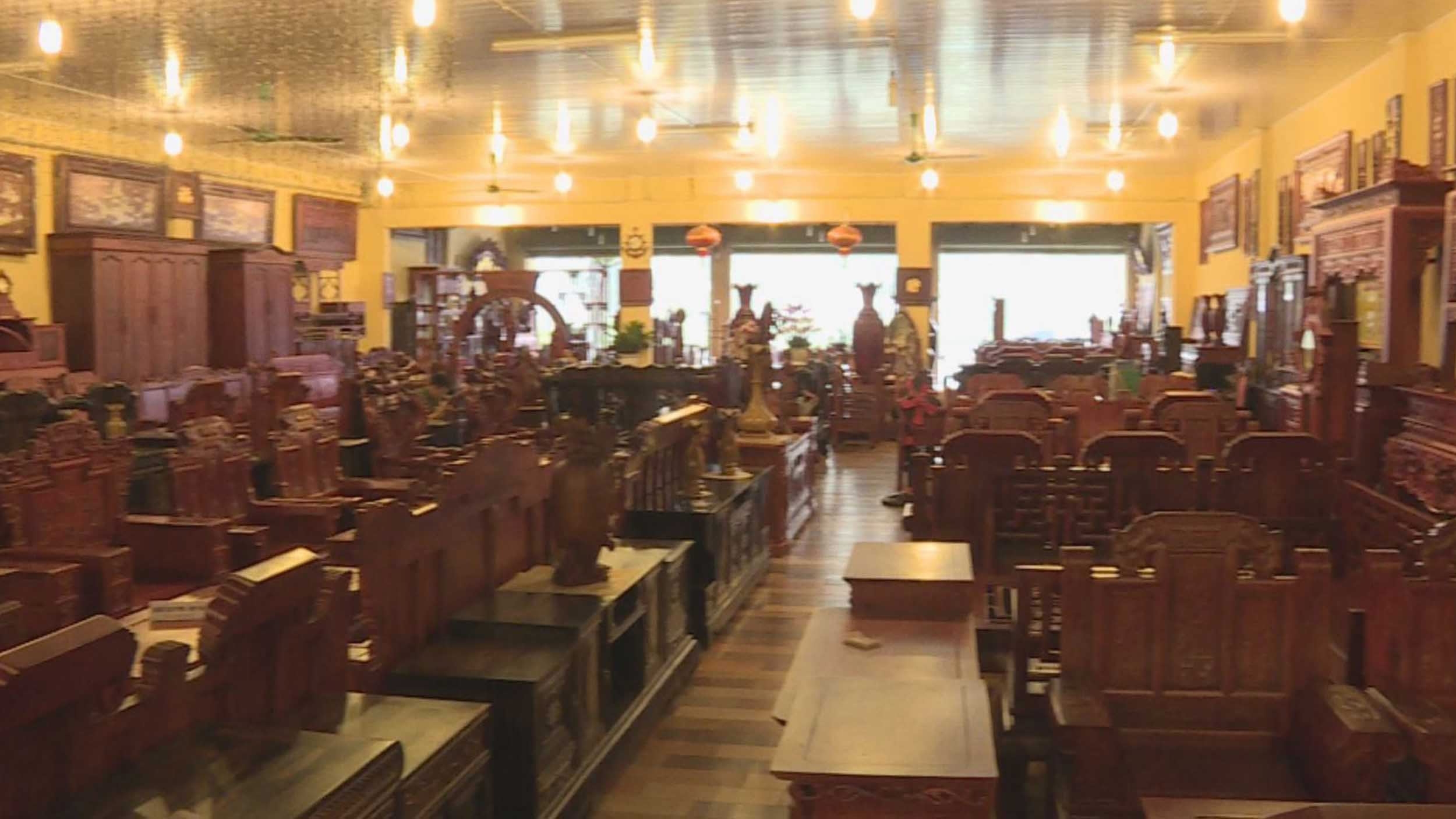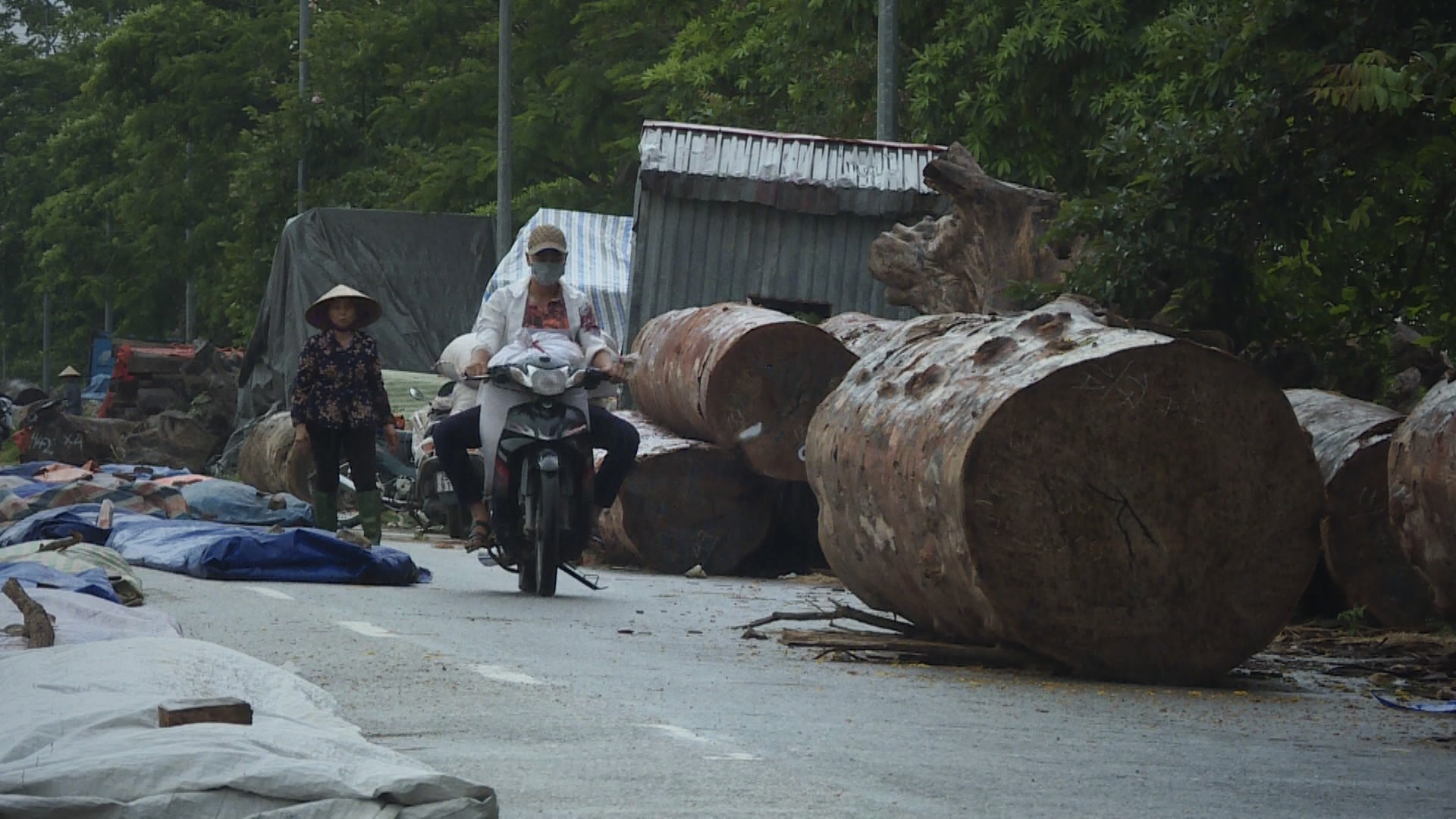
Business
14:57, 11-Nov-2017
SMEs call for more government support going global
CGTN's Zhang Nini

Wang Xinfa comes from China’s largest wood furniture production center of Dongyang City in east China’s Zhejiang Province.
He has come all the way to the Vietnamese town of Dong Ky to place orders on half-made wood furniture. The town is a major trading center for the country's overall timber and wood furniture export, which fetched over 7 billion US dollars in 2016, according to the Vietnamese Ministry of Forestry.
Wang was eager to open a plant in Vietnam, tapping into the country’s advantage of cheaper labor, and position as a gateway into the ASEAN market. But Wang said he’s concerned with local policies and fluctuations in bilateral relations.

Logs lying on the streets of Dong Ky in Vietnam / CGTN Photo.
Logs lying on the streets of Dong Ky in Vietnam / CGTN Photo.
Small and medium-sized enterprises (SMEs) like Wang's are eager to be involved in the Belt and Road Initiative. They are calling for the establishment of a whole set of support including that of finance, legal and logistics to combine their strength for greater cooperation.
China is the largest trading partner of Vietnam, with bilateral trade exceeding 32 billion US dollars in the first five months of 2017. The bulk of that blossoming trade took place between big companies with capital and resources. Small businesses are sometimes held back from a lack of capital and poor understanding of the local culture.
Wang Youhua of the Da Nang China-Vietnam Friendship Association tells CGTN that the government might be able to assuage the worries of SMEs by setting up industrial parks, providing legal consulting, finance and human resource services, and encouraging setting up production abroad.
Wang believes a strong support system is the answer to Chinese companies going global. And this support might just thrust them into an interconnected market.

SITEMAP
Copyright © 2018 CGTN. Beijing ICP prepared NO.16065310-3
Copyright © 2018 CGTN. Beijing ICP prepared NO.16065310-3